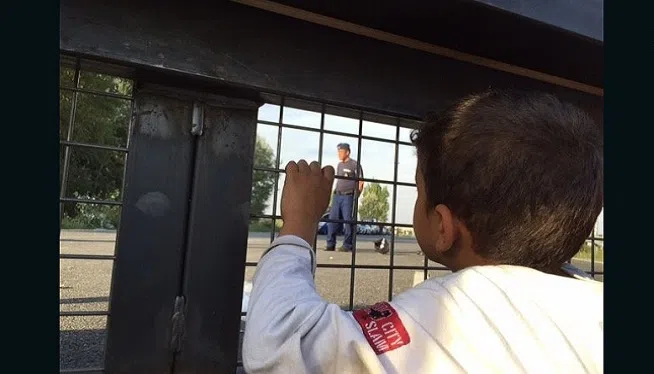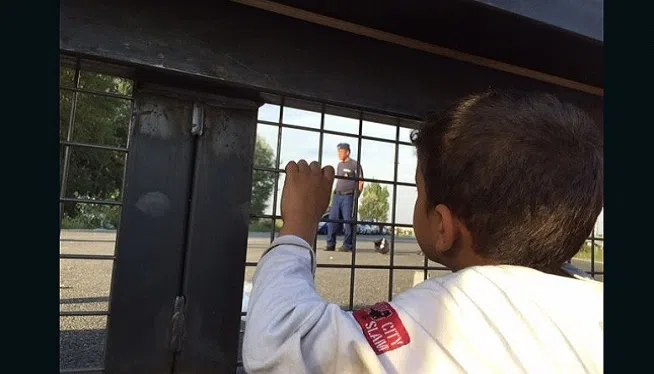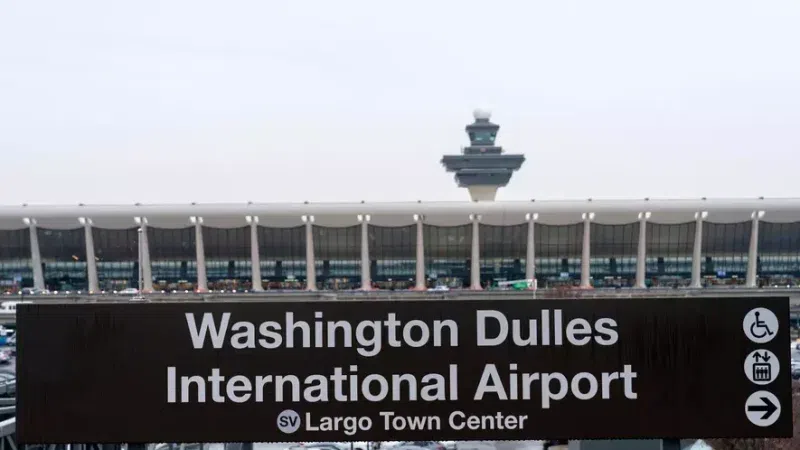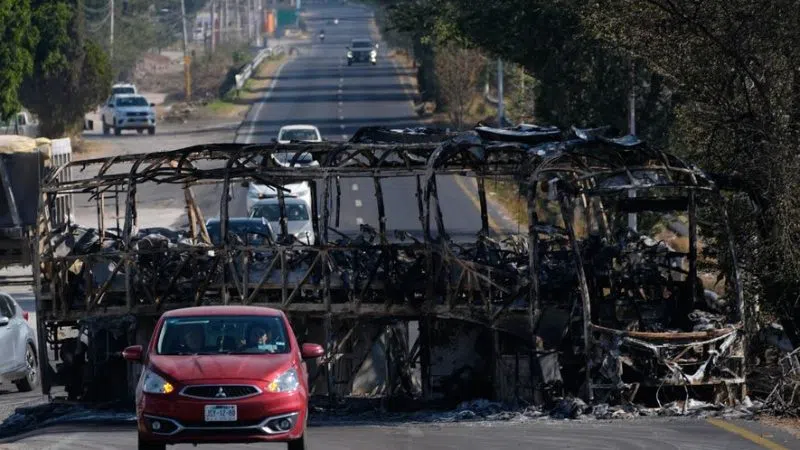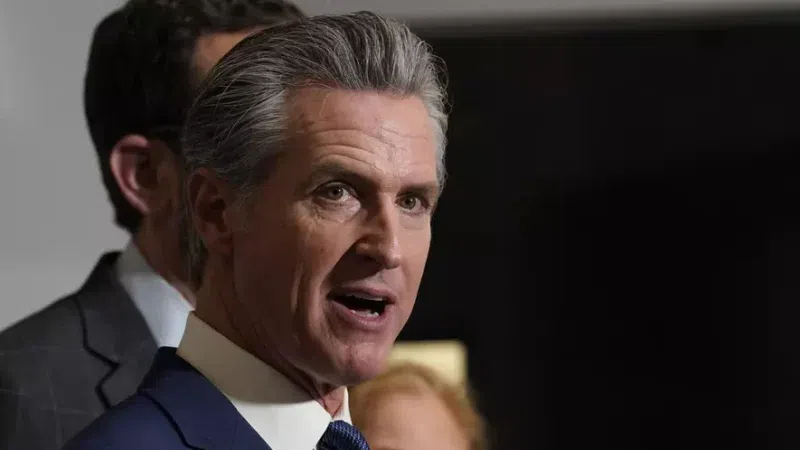(CNN) — Desperate migrants eager to cross into Hungary now face not only a razor-wire fence, but also authorities ready to jail them.
The intensified crackdown by Hungary shows how dire the crisis is — both for the country and for refugees escaping bombings and terrorism in their homelands.
The Hungarian government has now plugged the final hole in its fence at the Serbian border. And beginning Tuesday, anyone caught climbing the razor-wire fence faces up to three years in jail.
“We call this as a temporary fence. Obviously it is … a must decision (rather) than a nice decision,” Hungarian government spokesman Zoltan Kovacs said.
“We don’t like building fences, but up until we are able to reinstate border control on the natural border/green borders of the country, we have no other choice.”
Registration and entry to Hungary will now be possible only at two assigned entry points, he said.
Hungary also planned to build a fence along its border with Romania, Norbert Domotor, spokesman for the Hungarian Ministry of Foreign Affairs, told CNN on Tuesday, although he said construction had yet to begin.
In a statement, Amnesty International slammed Hungary’s response to the crisis as “ugly” and “draconian.”
“For refugees fleeing from terrifying conflict zones to be met by such an intimidating show of militarized force is shocking, and a woefully irresponsible response to people already traumatized by war and brutality,” said Gauri van Gulik, Amnesty International’s deputy director for Europe.
“This ‘raise the drawbridge’ mentality will simply redirect, but not put an end to, desperate and dangerous journeys.”
Serbian camps empty out
Authorities captured a record 9,380 migrants crossing from Serbia into Hungary on Monday, Hungarian police said. That’s nearly double the previous record of 5,809 migrants set a day earlier.
Yet throngs of refugees, carrying everything they had on their backs, made their way to the border fence Tuesday, trying to find a way through to enter the European Union. Serbia is not a part of the EU but is in negotiations to join.
Simka Somer, vice president of the Red Cross in Serbia, spoke to CNN from the border between the two countries, where she said she could see a group of about 1,000 migrants, many of them women and children.
The migrants pitched tents as they waited on the Serbian side, while aid workers brought them food and water.
Stephane Moissaing of Doctors Without Borders told CNN he had seen Hungarian authorities open the border crossing twice Tuesday, with several hundred desperate migrants rushing through each time.
Somer said that refugee camps in Serbia had largely emptied out Tuesday as migrants made for the border.
The Kanjiza camp, the biggest in Serbia and closest to the Hungarian border, had about 30 migrants staying on Tuesday, according to Ivan Miskovic, spokesman for Serbia’s Commissariat for Refugees and Migration.
By contrast, about 800 migrants had passed through the camp Tuesday, where they were able to access food and water, but continued on their way, Miskovic said.
Call for emergency summit
At a press conference Tuesday in Berlin, German Chancellor Angela Merkel and her Austrian counterpart, Werner Faymann, announced they had called for an emergency EU summit next week to address the escalating crisis.
“We cannot wait until the middle of October,” said Merkel, calling on European countries urgently to formulate a response.
The German leader said that only three European countries were “actively trying to do something” to resolve the crisis.
“Germany, Austria and Sweden cannot solve the problem on their own,” she said.
Faymann echoed Merkel’s call for cooperation, adding that European countries need to face the crisis as one and cannot simply “pretend to be ostriches.”
Migrant boat sinks
Many migrants don’t even make it onto European soil. More than 2,800 have died or disappeared trying to get to Europe this year.
On Tuesday, a migrant boat headed to Greece sank off the coast of Turkey, killing at least 22 people, the Turkish coast guard said.
So far, 249 people have been rescued. The coast guard deployed five ships to try and find more survivors.
The sunken boat was found off the Turkish island of Kara Ada, in Bodrum Bay. The boat was headed to the nearby Greek island of Kos, the semi-official Anadolu News Agency reported.
At least 72 migrants have died since the weekend trying to make the same crossing from Turkey to Greece, the International Organization for Migration said Tuesday.
Many have described the conditions on such boats as abhorrent.
Migrants arriving in Turkey often speak of cruel smugglers who ignore worsening weather conditions and force people on overcrowded rubber boats to squeeze a bigger profit, said EU Frontex, the joint European Union border patrol.
More than 430,000 migrants have fled to Europe so far this year, the International Organization for Migration said.
The domino effect
Many refugees are trying to escape the carnage and devastation in Syria, Iraq and Afghanistan. Their ultimate destination: Germany.
Germany is the most welcoming European country for migrants, having pledged 6 billion euros ($6.8 billion) to take in 800,000 migrants. By the end of the year, it might take in 1 million migrants, its vice chancellor said.
But to get there, migrants typically cross the Mediterranean Sea and go through Greece, Macedonia, Serbia, Hungary and Austria before finally reaching Germany.
And when Germany announced tougher border controls this week, countries down the chain followed suit — likely fearing an intense backlog.
On Sunday, Germany increased ID checks at the border and temporarily stopped rail service coming from Austria.
On Monday, Austria sent 2,200 soldiers to its border to help overwhelmed police.
And on Tuesday, Hungary enacted its new border laws. It’s also creating new border transit zones to hold asylum-seekers while their applications are processed. These will result in asylum procedures that are “swifter and more effective,” the government said.
Migrants in the transit centers won’t be considered to have officially entered Hungary, the government said.
Absorbing the flood
The European Union is still trying to figure out how to distribute 160,000 migrants — and whether to set quotas for member countries to absorb them.
That number includes 40,000 from Italy and Greece that the EU had already agreed to relocate. Another 120,000 need placement.
EU officials met Monday in an emergency session in Belgium but didn’t finalize a plan.
“It was too early for a decision to be taken today,” Jean Asselborn, Luxembourg’s minister of foreign affairs and immigration, said Monday. “Nonetheless, a large majority of member states have committed to this principle of the additional relocation of a further 120,000 people who deserve international protection as part of these massive migratory flows.”
The-CNN-Wire ™ & © 2015 Cable News Network, Inc., a Time Warner Company. All rights reserved. (PHOTO: CNN)
